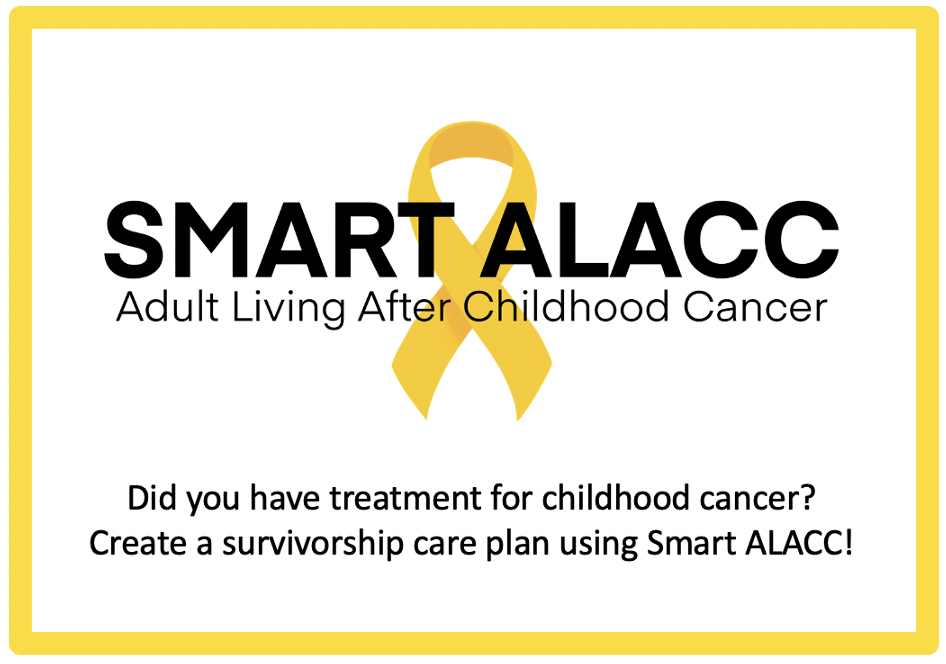Mechlorethamine Topical (Valchor®, Nitrogen Mustard)
Pronounce: me-klor-ETH-a-meen
Classification: Alkylating Agent
About Mechlorethamine Topical (Valchor®, Nitrogen Mustard)
Mechlorethamine topical formulation is used in the treatment of mycosis fungoides type cutaneous t-cell lymphoma (MF-CTCL). Mechlorethamine kills cancer cells through a process called alkylation. It used to be called nitrogen mustard, and you may still hear it called this. Alkylation damages the DNA of cells, which prevents them from dividing, and causes them to die.
Table of Contents
How to Take Mechlorethamine Topical
Topical mechlorethamine can be mixed in an ointment by your pharmacist or prepared by you (mixed in water) before each dose. Remove the medication from refrigeration and apply within 30 minutes. Apply a thin layer of mechlorethamine to completely dry skin 4 hours before or 30 minutes after showering or washing. Let the treated area dry for 5-10 minutes before covering with clothing. Only use moisturizer (lotion) 2 hours before or after applying mechlorethamine. Do not cover the treated area with bandages. Avoid fire, flame and smoking until the medication has dried.
Keep this medication away from your eyes and mucosal membranes (such as your mouth and nose). If this medication gets in your eyes or touches your mucous membranes flush the area with water for 15 minutes and contact your provider.
Storage and Handling
Store your medication in the original, labeled container in the refrigerator. Keep the medication away from food in your refrigerator. Keep containers out of reach of children and pets.
If a caregiver applies your dose for you, they should wear gloves. They should always wash their hands before and after applying the medication. Pregnant or nursing women should not apply the dose for you. Ask your oncology team where to return any unused medication for disposal. Do not flush down the toilet or throw in the trash.
Where do I get this medication?
Mechlorethamine topical is available through select specialty pharmacies. Your oncology team will work with your prescription drug plan to identify an in-network specialty pharmacy for distribution of this medication and shipment directly to your home.
Insurance Information
This medication may be covered under your prescription drug plan. Patient assistance may be available to qualifying individuals without prescription drug coverage. Co-pay cards, which reduce the patient co-pay responsibility for eligible commercially (non-government sponsored) insured patients, may also be available. Your care team can help you find these resources, if they are available.
Possible Side Effects of Mechlorethamine
There are a number of things you can do to manage the side effects of mechlorethamine topical. Talk to your care team about these recommendations. They can help you decide what will work best for you. These are some of the most common or important side effects:
Skin Reactions
This medication can cause an inflammation of your skin, called dermatitis. Your skin may swell, itch, become red, or develop ulcers or blisters. This may be more of a problem in sensitive areas such as skin folds or genital areas. Notify your healthcare team if you experience these symptoms as they can prescribe topical steroids to treat the symptoms or alter the dose/schedule of the medication until it resolves.
Your skin may darken in the areas where the medication is applied. This tends to go away once the medication is stopped. Your skin may also become very dry. Use additional moisturizing lotions and creams throughout the day.
Secondary Skin Cancer
There is a very low risk of developing non-melanoma skin cancer if you receive this medication along with other skin directed therapies (radiation, phototherapy). Your healthcare team will monitor your skin for skin cancer during and after your treatment with mechlorethamine topical. Call your healthcare team if you have any new skin lesions.
Reproductive Concerns
This medication may affect your reproductive system, resulting in the menstrual cycle or sperm production becoming irregular or stopping permanently. Women may experience menopausal effects including hot flashes and vaginal dryness. In addition, the desire for sex may decrease during treatment. You may want to consider sperm banking or egg harvesting if you may wish to have a child in the future. Discuss these options with your oncology team.
Exposure of an unborn child to this medication could cause birth defects, so you should not become pregnant or father a child while on this medication. Effective birth control is necessary during treatment. Even if your menstrual cycle stops or you believe you are not producing sperm, you could still be fertile and conceive. You should consult with your healthcare team before breastfeeding while receiving this medication.
